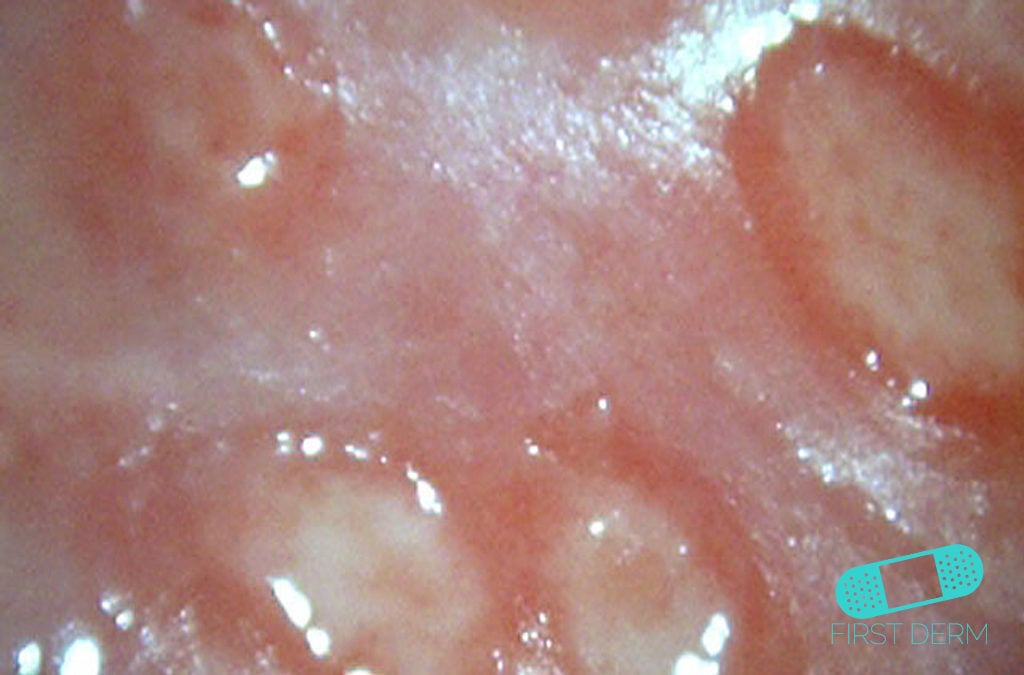Genital Sores: Causes, Symptoms, and Treatment
Genital sores can be a cause of concern and discomfort, but understanding their causes, symptoms, and available treatments is essential for your overall health and peace of mind. In this comprehensive guide, we will delve into the world of genital sores, offering insights into what they are, what causes them, and how to manage them effectively.

What Are Genital Sores?
Genital sores are abnormal areas of skin that appear in the genital or anal areas. They can manifest as ulcers, blisters, or open sores and are often associated with various underlying conditions. These sores can be painful, and itchy, and may cause discomfort during urination or sexual activity.
Genital sores can occur in both men and women and may vary in size and appearance. Understanding what they are and their potential causes is crucial for seeking appropriate treatment.
Causes of Genital Sores
Sexually Transmitted Infections (STIs):
Many genital sores are the result of sexually transmitted infections, including herpes, syphilis, chancroid, and genital warts (HPV). It’s essential to get tested for STIs if you experience genital sores, as early diagnosis and treatment are key.
Non-STI Causes:
Not all genital sores are caused by STIs. Other factors, such as friction, allergies, and skin conditions like psoriasis or eczema, can lead to the development of genital sores.
Herpes Simplex Virus (HSV):
Herpes is a common cause of genital sores. It can manifest as painful blisters and is highly contagious. Antiviral medications can help manage herpes-related genital sores.
Symptoms of Genital Sores
The symptoms of genital sores can vary depending on the underlying cause. Common symptoms include:
Pain or discomfort in the genital or anal area
Itching or burning sensations
Redness or inflammation
Development of ulcers or blisters
It’s important to note that some people may not experience any symptoms at all, making regular check-ups and safe sexual practices crucial for early detection and prevention.
Diagnosis
Diagnosing the cause of genital sores often requires a physical examination by a healthcare provider. They may also order tests, such as blood tests or swabs, to determine if a sexually transmitted infection is responsible for the sores. It’s essential to consult a healthcare professional for an accurate diagnosis.
Treatment Options
The treatment for genital sores depends on the underlying cause. Some common treatment options include:
Antiviral Medications:
These are often prescribed to manage genital sores caused by herpes. They can reduce the severity and frequency of outbreaks.
Antibiotics:
If the sores are due to bacterial infections like syphilis or chancroid, antibiotics may be recommended.
Pain Relief Medications:
Over-the-counter pain relief medications can help alleviate discomfort associated with genital sores.
Prevention
Preventing genital sores is essential for maintaining your sexual health. Here are some preventive measures:
Practicing safe sex by using condoms consistently and correctly
Limiting sexual partners and knowing their STI status
Avoiding sexual contact during outbreaks of genital herpes
Keeping the genital area clean and dry
Avoiding harsh soaps or detergents that may irritate the skin
When to See a Doctor
It’s crucial to consult a healthcare provider if you experience genital sores, especially if:
You suspect the sores are caused by an STI
The sores are accompanied by severe pain, fever, or other concerning symptoms
You are pregnant and have genital sores
Early diagnosis and treatment can help manage genital sores effectively and prevent complications.
FAQ About genital sores
Q: What are genital sores?
A: Genital sores are abnormal areas of skin that appear in the genital or anal areas, often in the form of ulcers, blisters, or open sores.
Q: What causes genital sores?
A: Genital sores can be caused by various factors, including sexually transmitted infections (STIs), skin conditions, allergies, or friction.
Q: Are all genital sores caused by STIs?
A: No, not all genital sores are caused by STIs. Other factors, such as skin conditions and allergies, can lead to their development.
Q: Which STIs commonly cause genital sores?
A: Common STIs that can cause genital sores include herpes, syphilis, chancroid, and genital warts (HPV).
Q: What are the symptoms of genital sores?
A: Symptoms may include pain, itching, redness, inflammation, and the development of ulcers or blisters in the genital or anal area.
Q: Can genital sores be painless?
A: Yes, some people may not experience pain with genital sores, making regular check-ups and safe sexual practices important.
Q: How are genital sores diagnosed?
A: Genital sores are diagnosed through physical examination by a healthcare provider. Tests such as blood tests or swabs may also be used.
Q: What are the treatment options for genital sores?
A: Treatment depends on the cause and may include antiviral medications, antibiotics, and pain relief medications.
Q: How can I prevent genital sores?
A: Preventive measures include practicing safe sex with condoms, limiting sexual partners, and maintaining genital hygiene.
Q: When should I see a doctor for genital sores?
A: Consult a healthcare provider if you suspect an STI, experience severe pain, fever, or other concerning symptoms, or if you’re pregnant with genital sores.
Conclusion:
In conclusion, understanding genital sores is vital for maintaining your sexual health and overall well-being. While they can be distressing, many cases of genital sores are manageable with the right diagnosis and treatment. If you have concerns about genital sores or experience any related symptoms, don’t hesitate to seek medical advice and take steps to protect your sexual health.




